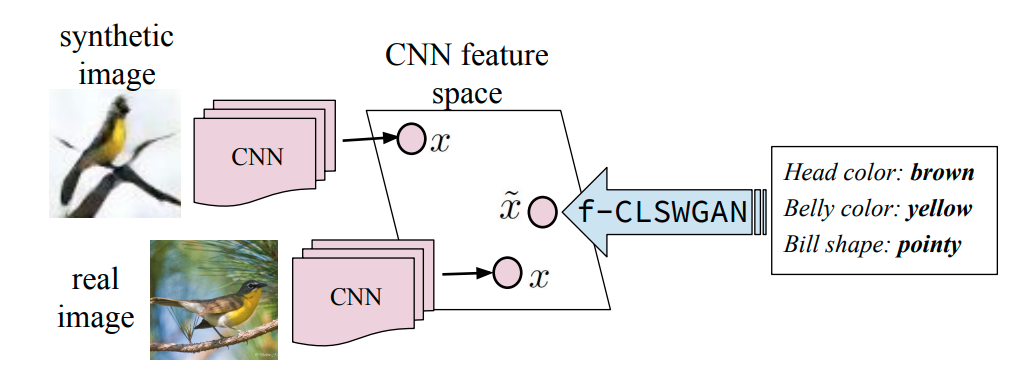A Review of Generalized Zero-Shot Learning Methods
Generalized zero-shot learning (GZSL) aims to train a model for classifying data samples under the condition that some output classes are unknown during supervised learning. To address this challenging task, GZSL leverages semantic information of the seen (source) and unseen (target) classes to bridge the gap between both seen and unseen classes. Since its introduction, many GZSL models have been formulated. In this review paper, we present a comprehensive review on GZSL. Firstly, we provide an overview of GZSL including the problems and challenges. Then, we introduce a hierarchical categorization for the GZSL methods and discuss the representative methods in each category. In addition, we discuss the available benchmark data sets and applications of GZSL, along with a discussion on the research gaps and directions for future investigations.
PDF Abstract



 ImageNet
ImageNet
 CUB-200-2011
CUB-200-2011
 AwA
AwA
 AwA2
AwA2
 aPY
aPY